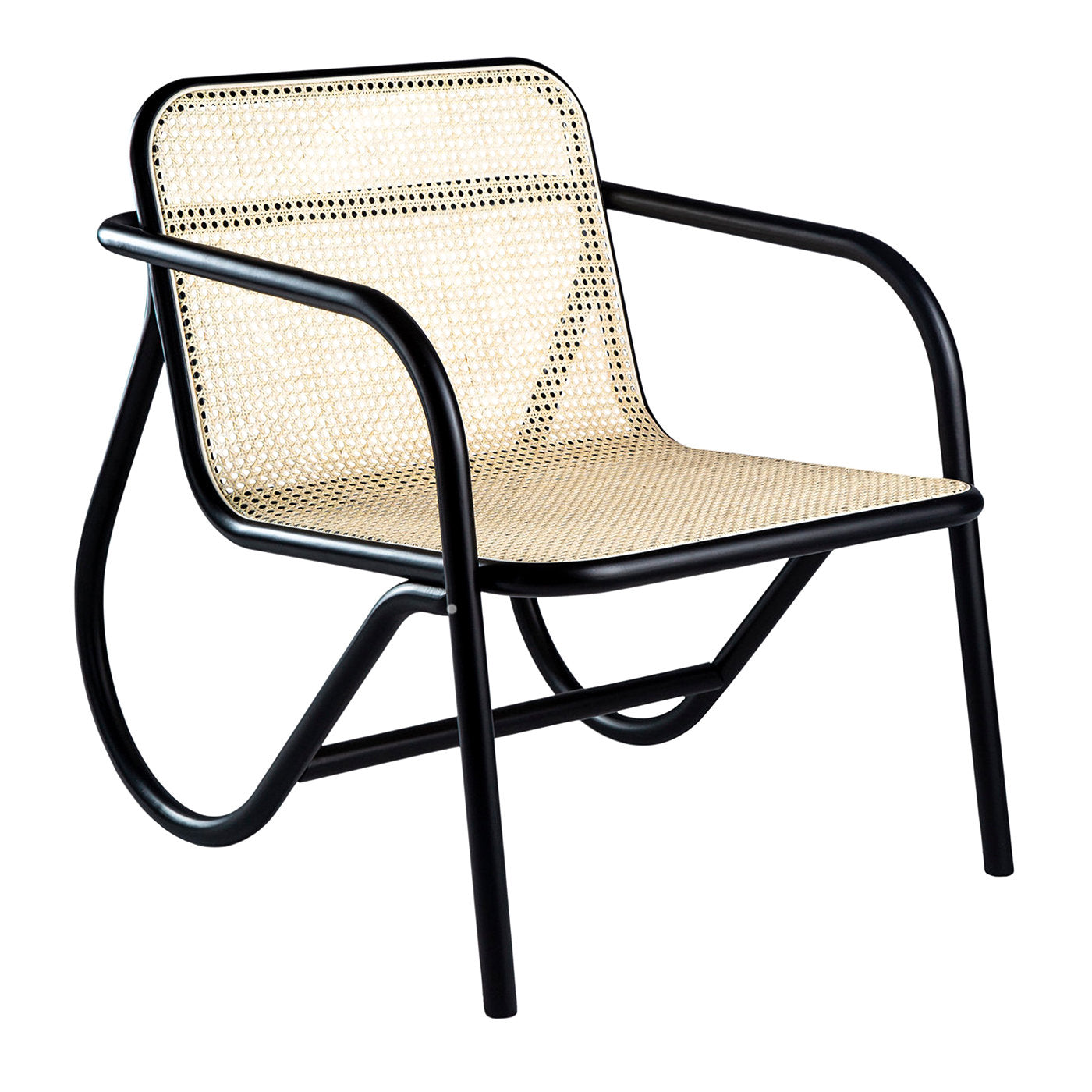
Gebrüder Thonet Vienna GmbH (GTV) – Wiener GTV Design
N. 200 Armchair by Michael Anastassiades
USD 3,335
Ships in 7-8 weeks
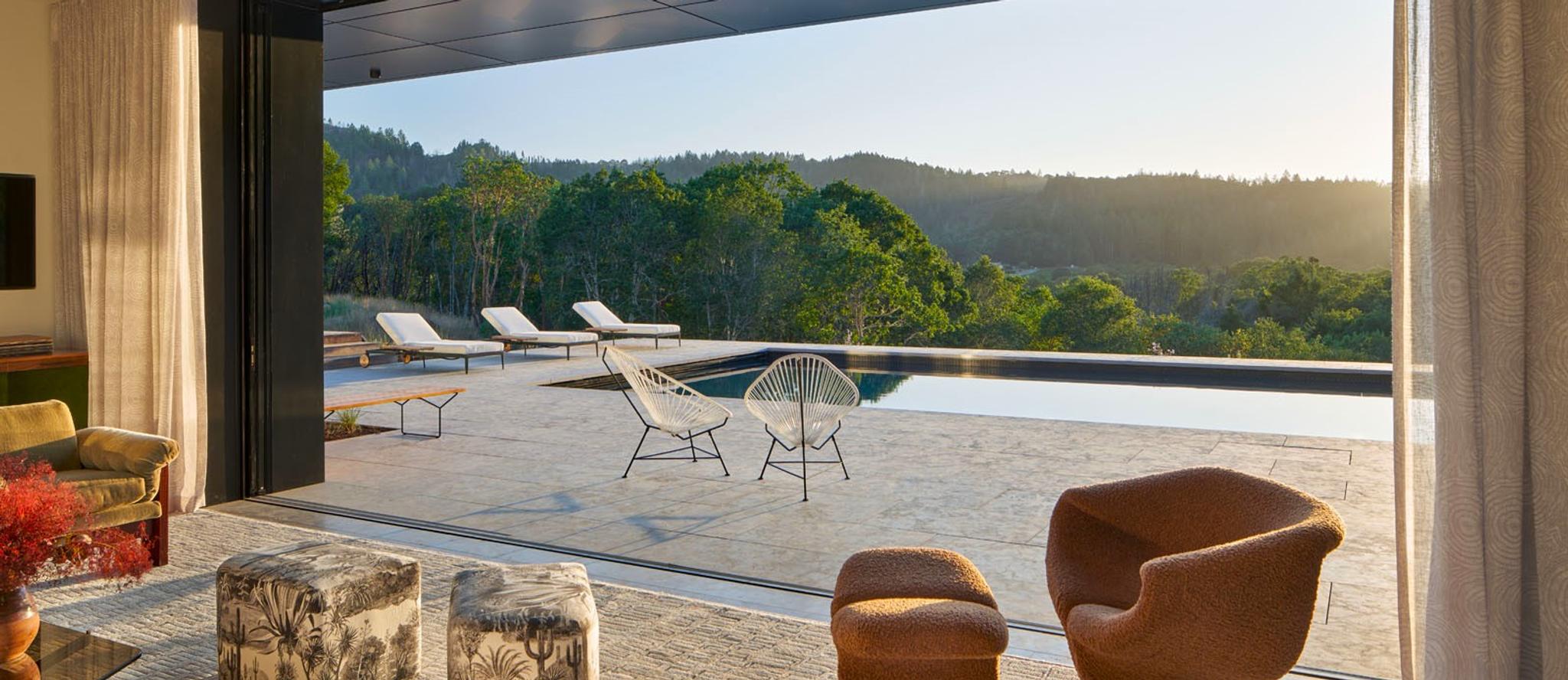
Meet the creative personality of Alison Damonte, founder of the eponymous San Francisco-based studio, and discover her soulful spaces, deeply reflecting her soul as an avid collector of object trouvè and color enthusiast. Damonte’s exceptional color expertise never fails to shine through her vibrant, layered sorroundings, seamlessly blending hues with patterns, and engaging the senses.
Alison Damonte grew up in Iowa where wide skies and long summers encouraged her sense of adventure and imagination. Creative from a young age, Alison received her BA from Washington University in St Louis and then studied design and architecture in Boston and San Francisco.
A chance meeting with the designer Martha Angus at a showcase house led Alison to the world of Interior Design. Alison worked with Martha until 2012 when she eventually founded her own studio. Known for its vibrant, bold residential design and art curation, Alison's studio works with clients in a design process that sparks curiosity, encourages journeys, and creates surroundings that inspire.
Drawing inspiration from art, travel, and vintage lighting, particularly the work of Italian designers from the 50s, 60s, and 70s, Damonte juxtaposes texture and curve, opacity and transparency, play and function, versatility and vibrancy in a unique, modern way.
When did you first become involved in the world of design? Tell us your story.
Before entering the interior design world in 2009, I used to study architecture. I soon realized I was more interested in designing the inside of a building. At the time, while I was living in San Francisco, I met Martha Angus at a showcase house she curated. My signature wardrobe piece back then, a long yellow jacket the color of a yellow highlighter, caught her eye and we started talking. We immediately hit it off. In no time I quit my marketing job and started interning for her.
How would you describe your personal style and what’s the personal signature that makes your projects unique?
My work is often linked to the use of color. Although I attempt to incorporate neutrals, it doesn't come naturally to me. I am fascinated by experimenting with color combinations and how they can be layered with patterns. While I have a predilection for vivid, striking, bold colors, I'm currently exploring subtler combinations that create tension or contrast. In a recent project, I delved into moodier, atmospheric shades, and discovered the unique interplay between these darker hues and the presence of light.
Where do you draw inspiration for your projects?
I am always inspired by art and travel. Museums offer a unique opportunity to witness works of art firsthand, which can broaden one's perspective on materials, styles, color, and time. One exhibition that left a lasting impact on me was Monir Shahroudy Farmanfarmaian's at the Guggenheim several years ago. As a child, I collected kaleidoscopes, and as an adult, I've been fascinated by the refractive qualities of light and how color and image are reorganized through them.
I also adore the spirit and music of 70s disco, and nothing screams disco more than a disco ball. Monir's artwork is like a complex, kaleidoscopic disco ball, with a mesmerizing and hypnotic quality that I find myself thinking about often. I carry these experiences with me and refer to them, whether directly or indirectly when I'm working on creative projects.
What are the decorative pieces you enjoy selecting for your clients and why?
I have a deep appreciation of vintage lighting and in particular the work of Carlo Nason, Elio Martinelli, Joe Columbo, and other Italian designers who were pushing the boundaries of what a light fixture could be in the 50s, 60s, and 70s. Their work resulted in sculptural pieces that were naturally enhanced by their ability to illuminate a space. One of my favorite pieces is an Angelo Lelli Presidente light that I have in my home.
I am also an avid collector of various objects, whether acquired during travels or from shopping in San Francisco. My house and studio serve as rotating galleries to showcase my collections of vases, vessels, bowls, ceramics, and textiles. I'm drawn to the stories behind vintage objects and enjoy supporting artists by discovering and owning their creations. Passing these objects on to clients who appreciate their history and continuing the narrative is one of the most satisfying aspects of my job, and it's an integral part of my design process. I strive to purchase items made by artists in small productions and avoid buying everything new to create a more soulful space.
What is your favorite design project you have worked on and why?
I recently had the opportunity to work on a project for a client who owned a 100-year-old home with traditional architectural features. The client, who previously commissioned us for two modern homes, expressed a love for modern art and vintage European furniture and lighting, as well as a desire for rustic designs associated with California Modernism of the 60s and 70s. It was a thrilling challenge to incorporate these elements into an older home with its own unique character.
Working on this project required me to step out of my comfort zone and explore a different palette and approach. The darker, moody atmosphere of the house, with its wood paneling and small windows, challenged me to rethink my approach to light and color. While bright colors are typically my go-to, this project compelled me to delve into a more nuanced color scheme. Overall, it was a fascinating experience that allowed me to push my creative boundaries and discover new possibilities.
What would be your dream project to work on?
A hotel. I think my sensibility would be well suited for it. Hotels are muh larger scale projects than residential ones, but they also allow the visitors to imagine a different way of living -- to become something or someone a bit different.
I believe that when people stay in a well-designed hotel, they can be influenced to incorporate some of those design ideas into their own homes and lifestyles. One designer who has inspired me in this regard is Kelly Wearstler, whose Proper Hotels showcase an exhibit of design history, featuring a curated collection of well-made objects by lesser-known artisans and designers from different periods of design. Visiting one of her hotels is a truly inspiring experience.
What époque has inspired you the most in terms of aesthetics?
Currently, I am greatly fascinated by the Vienna Seccession movement and the Bauhaus school. In particular, the creative output of Annie Albers, Joseph Hoffman, and Charlotte Perriand deeply resonates with me. However, some time ago, I came across the impressive work of Elise Djo-Bourgeois, an artist whose contributions are relatively unknown. Djo-Bourgeois created exquisite textiles for her husband's architecture projects, as well as for other designers, during the same time period. It is exhilarating to discover the work of less well-known individuals, as it adds to the intriguing journey of design.
I am particularly drawn to this era of design history as it predates the use of computers and the ability to precisely render ideas. This means that the hand of the creator is evident, and there is a significant emphasis placed on craftsmanship, while still maintaining a modern and relevant aesthetic. I believe that this period was characterized by a strong drive for experimentation, curiosity, and innovation, elements that I aim to incorporate into my own work.
Interior designer Alison Damonte selects her favorite furniture, home décor and lighting pieces from Artemest catalogue.

Gebrüder Thonet Vienna GmbH (GTV) – Wiener GTV Design
USD 3,335
Ships in 7-8 weeks
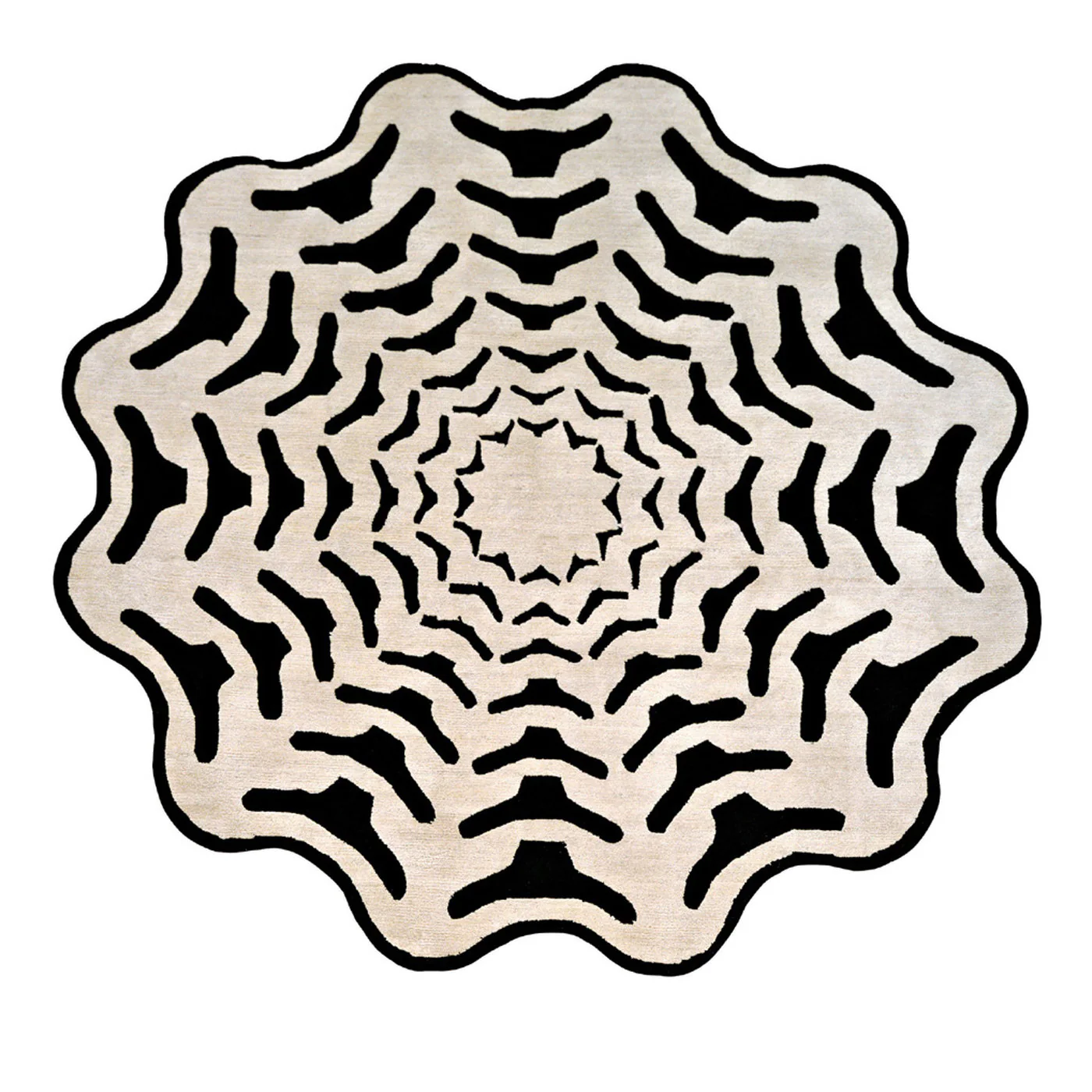
Memphis
USD 10,720
Ships in 16-17 weeks
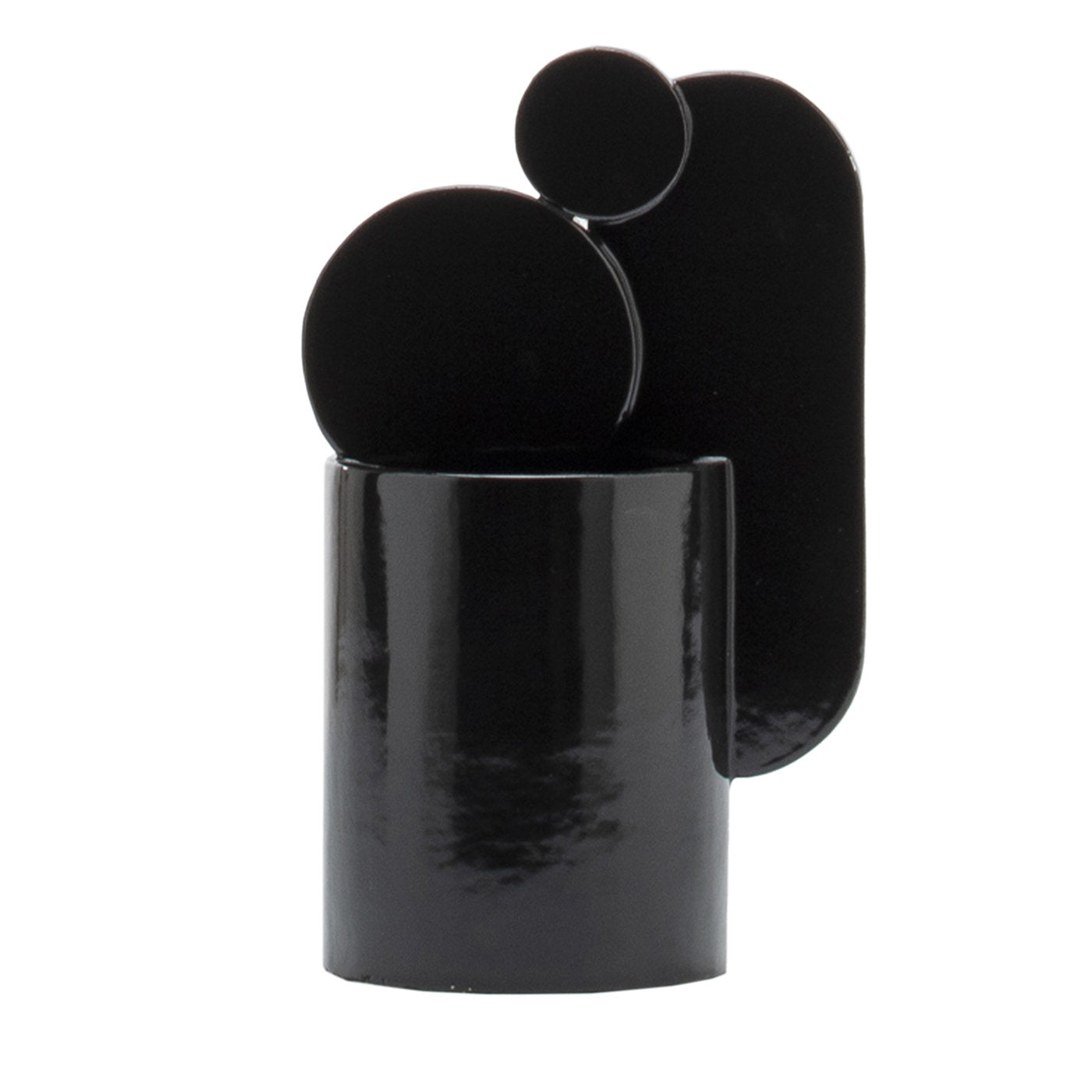
CuoreCarpenito
USD 445
Ships in 3-4 weeks

Giovanni Botticelli
USD 3,930
Ships in 4-5 weeks

Billiani 1911
USD 3,380
Ships in 3-4 weeks

Illulian
USD 14,720
Ships in 11-12 weeks

Cassina
USD 16,370
Ships in 6-7 weeks
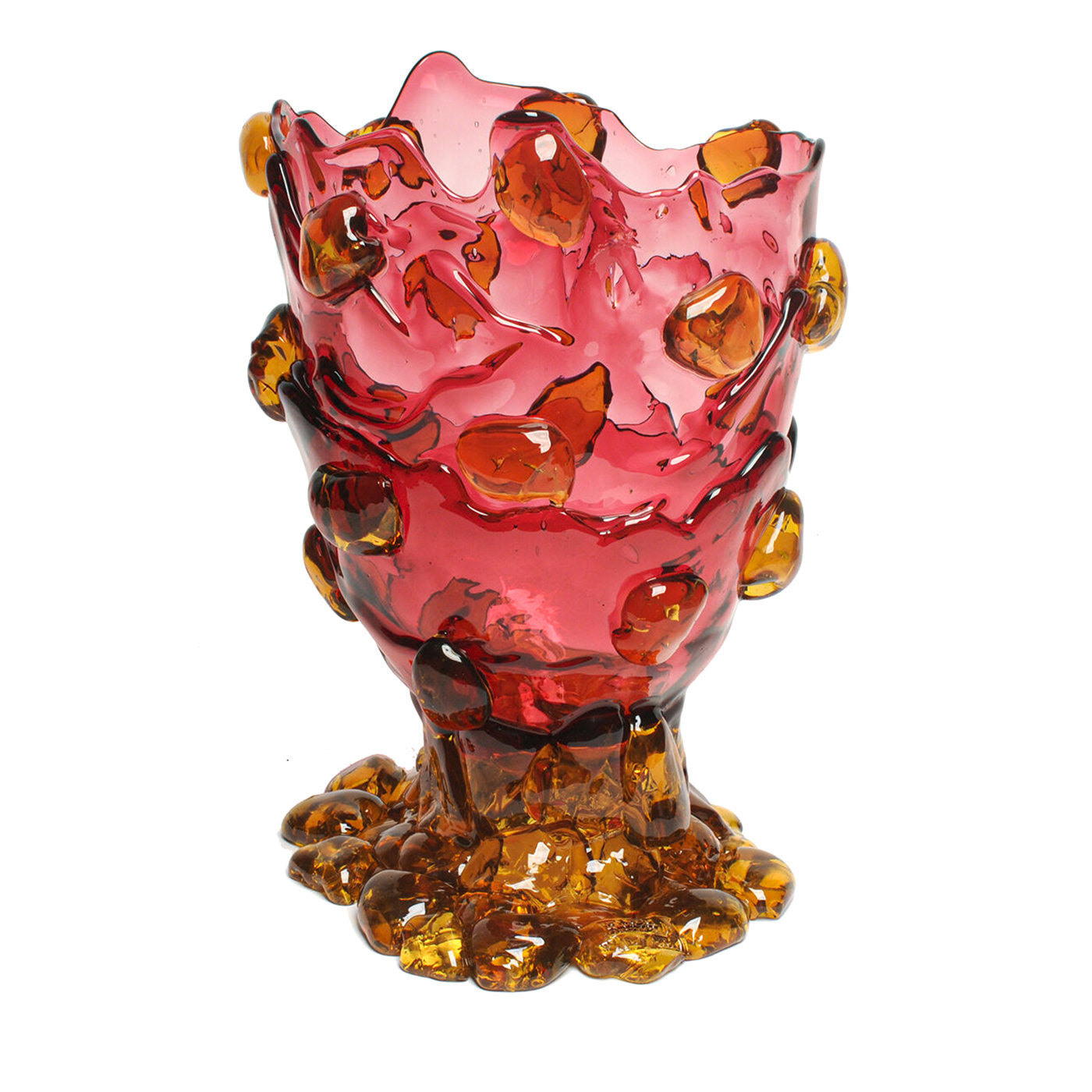
Corsi Design Factory
USD 790
Ships in 1-2 weeks
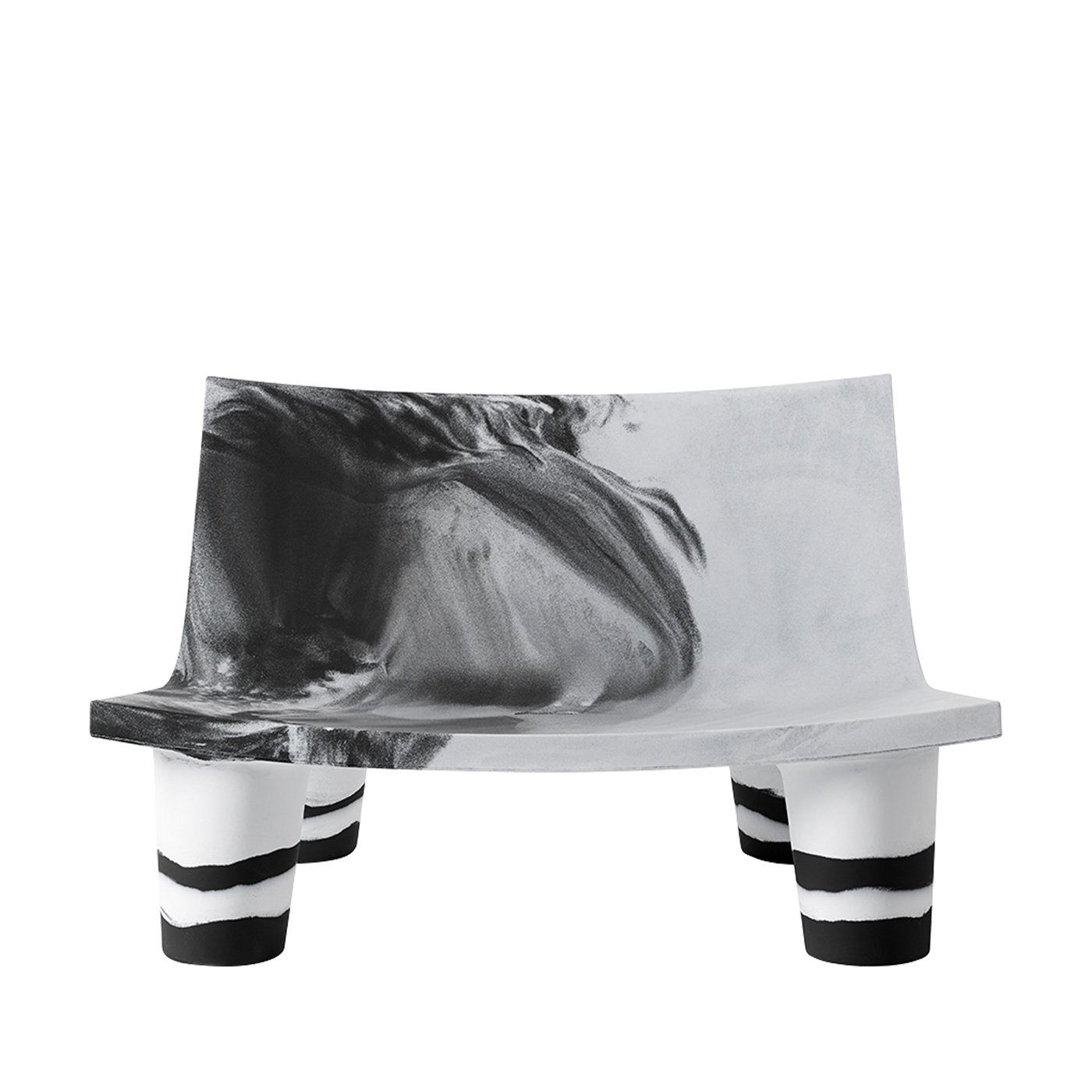
Slide
USD 1,200
Ships in 4-5 weeks
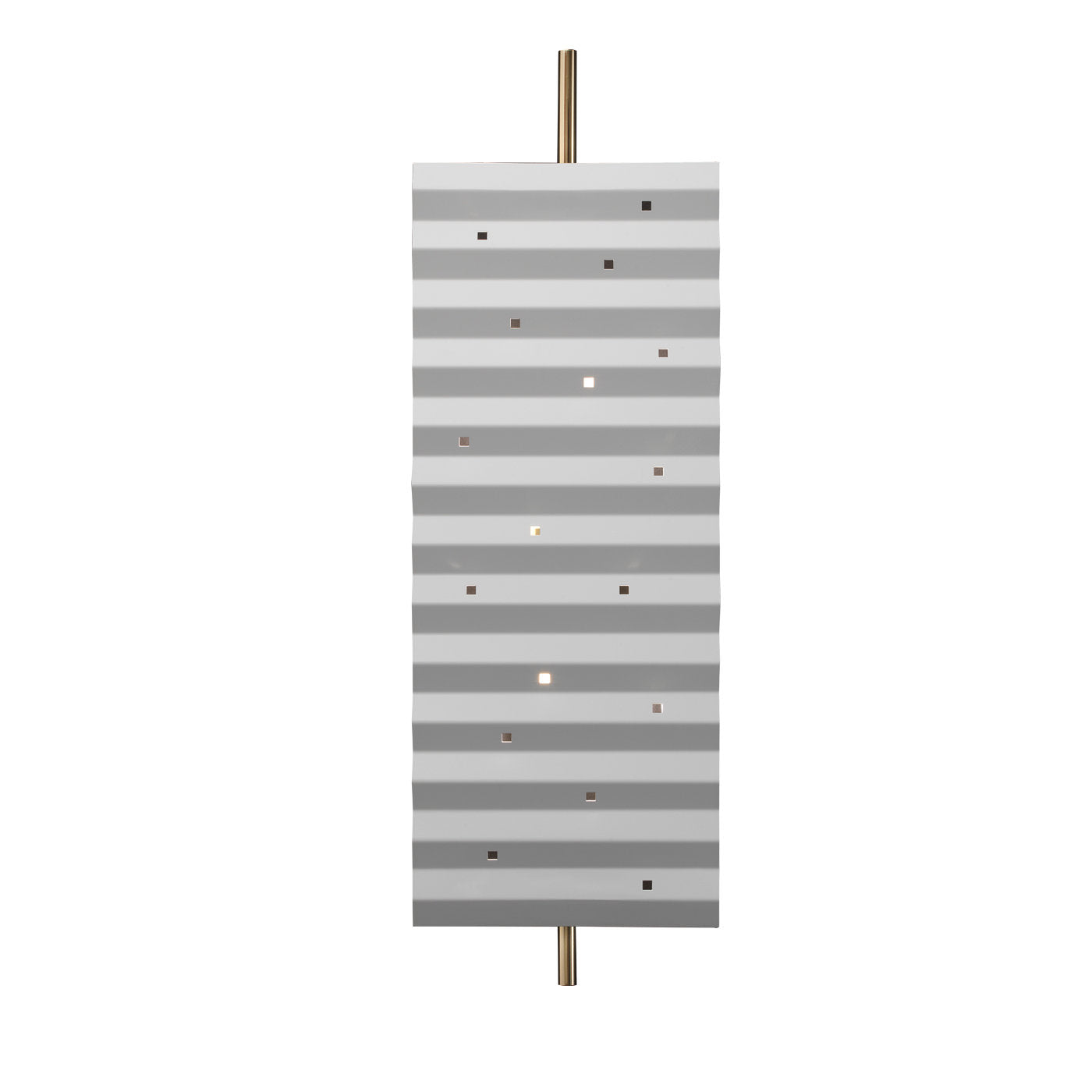
Tato
USD 1,750
Ships in 3-4 weeks

Edizioni Design
USD 900
Ships in 2-3 weeks
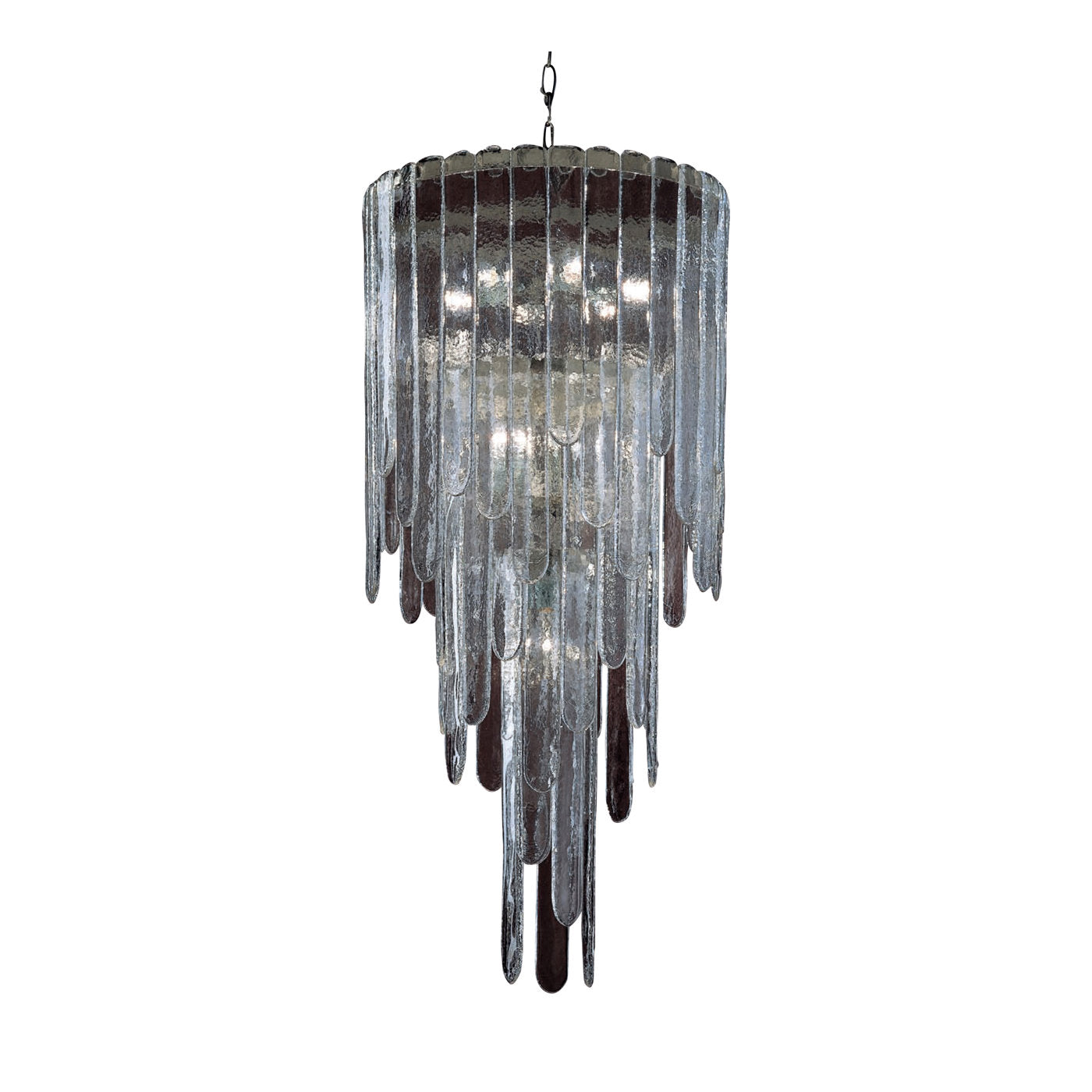
Mazzega 1946
USD 4,270
Ships in 9-10 weeks
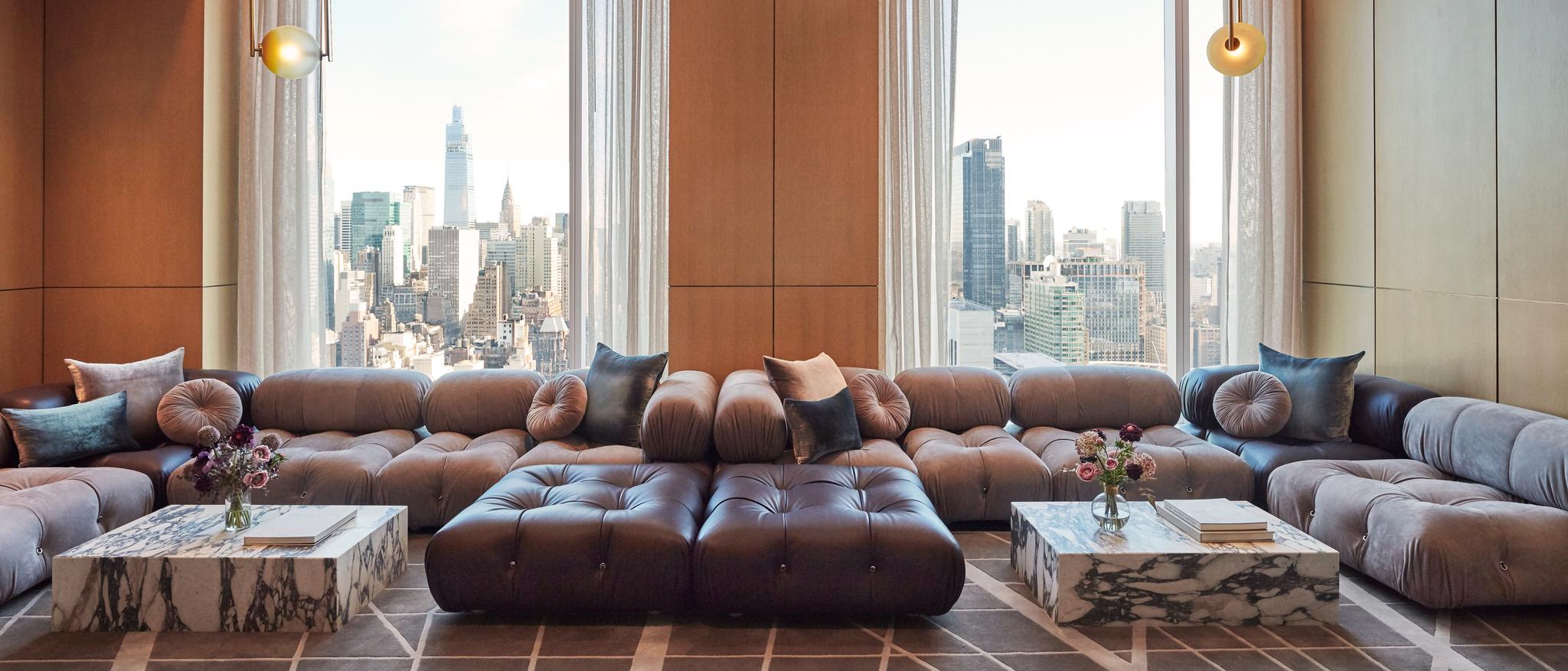
Meet Elliot March and James White, MAWD's founding partners, and be inspired by their modus operan…
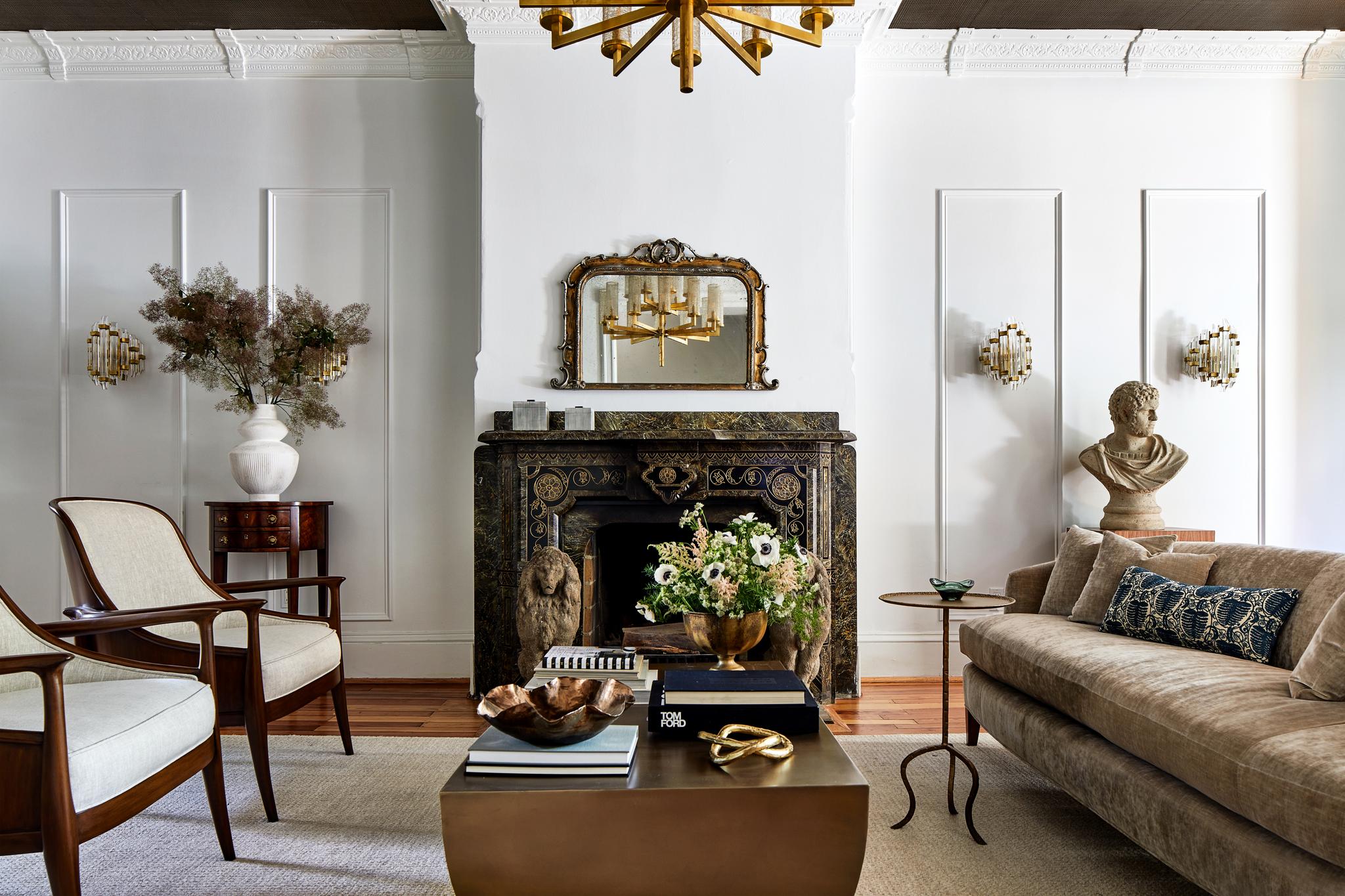
Get to know Darlene Molnar, a Washington-based interior designer, and discover her distinctive sty…